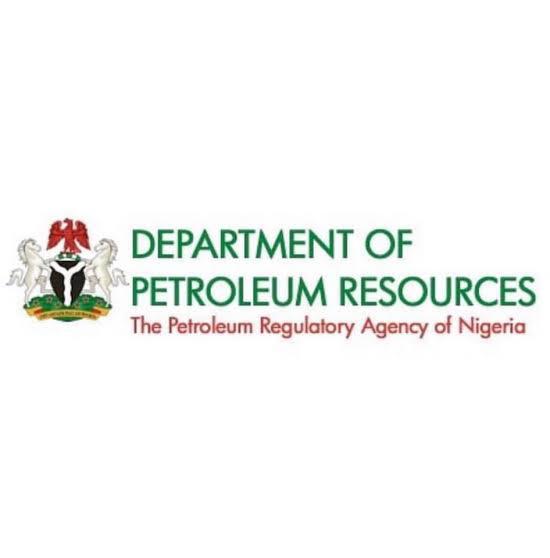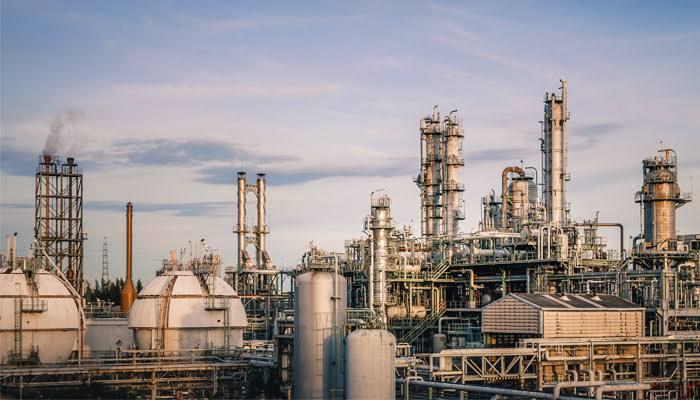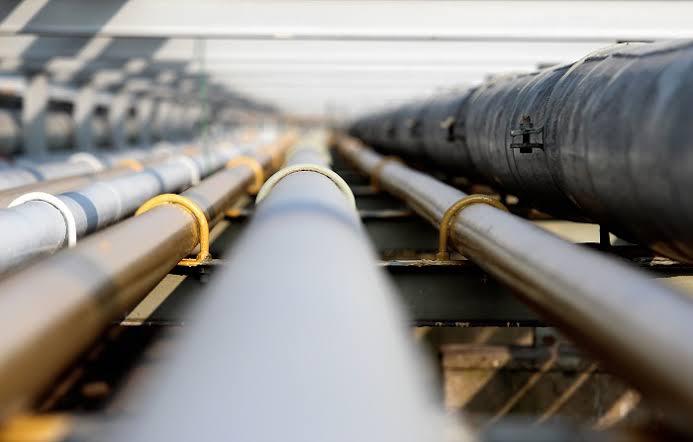As part of its efforts to end gas flaring in Nigeria and increase its gas footprint, the Federal Government of Nigeria will grant 45 licenses to qualified bidders in June 2021 under the Nigerian Gas Flare Commercialisation Programme (NGFCP).
According to the Minister of State for Petroleum Resources, Timipre Sylva, the licenses haven’t been awarded yet because of the marginal bid round. With the licencing round approaching completion, he stated that the government will concentrate on the NGFCP and ensure that it is completed before the end of June.
The government announced in 2020 that it would put an end to gas flaring in the country, but the deadline was missed. The Department of Petroleum Resources (DPR) declared last year that 45 of Nigeria’s 178 gas flaring sites will be awarded to competitive bidders. The government had chosen 200 bidders from 800 to compete for the 45 flare sites, with more flare sites expected to come online in the future.
The World Bank, a Bretton Woods institution, reported earlier this month that Russia, Iraq, Iran, the United States, Algeria, Venezuela, and Nigeria are the top seven gas-flaring countries in the world over the last nine years. Each year, the seven countries generate 40% of the world’s oil, but they account for roughly two-thirds of global gas flaring, or 65%.
Nigeria is a signatory to the Global Gas Flaring Partnership (GGFR) principles for global flare-out by 2030, and the world bank report contradicts the Paris Climate Change Agreement.
According to the Minister, gas flaring has decreased by about 8% in the region. In the first five months of 2020, approximately 90.9 billion cubic feet of natural gas were lost due to gas flaring, resulting in a $230 million loss.
He said: “That is actually the challenge, a lot of flares are down already. Now what we are trying to do is to ensure that the flares become commercialized, that’s why it’s called the gas flare commercialization programme.”
“It is not enough to stop gas flaring. What we want to achieve is to commercialize those flares, so that people can benefit, Nigeria government can also benefit from that flare.”
Commenting on the usage of gas at Bonny LNG where some of the gas is reinjected, he said: “We want to get to that point where it is actually commercialized and that process of commercializing the gas is going to be completed very soon. In fact, I am sure that in the next one month, that process will be completed.”


